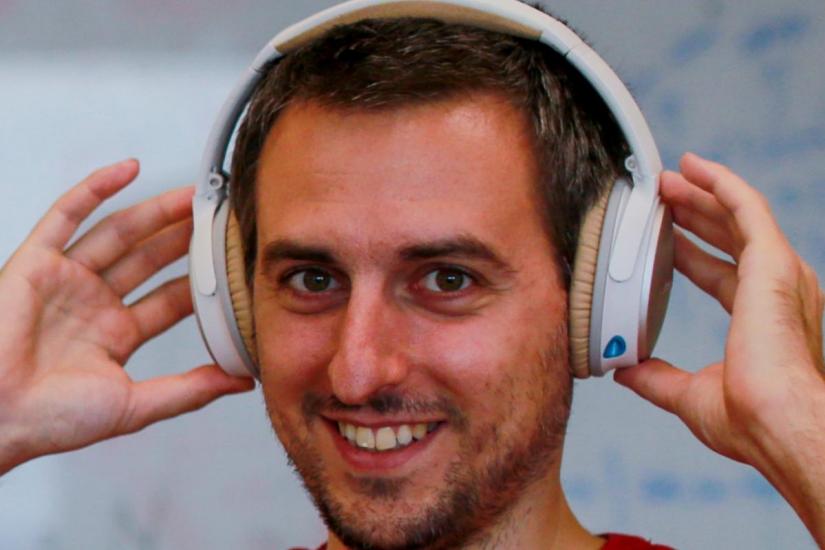
ABSTRACT / In this seminar I present my previous research in broad terms and discuss open problems and future research opportunities. We first highlight the study on the socio-economic activities of over 400,000 individuals in a self-developed online world over several years, allowing insights into the functioning of human societies on a previously unthinkable scale. In particular, we use a multiplex approach to unveil fundamental differences behind structure and dynamics of positive and negative tie networks. This method allows testing of long-standing sociological hypotheses and quantifies the variables needed for modeling the underlying network processes. Probing cooperation and conflict in such massive online environments sets the first pillar of my research aims: Towards a quantitative theory of conflict and controversy in social networks. The second pillar is the continued advancement of state-of-the-art research on the impact of novel urban sharing economies. Here, we introduce the notion of shareability network, which allows us to model the collective benefits of sharing rides as a function of passenger inconvenience, and to efficiently compute optimal sharing strategies on massive datasets. We apply this framework to datasets of millions of taxi trips taken in New York City, San Francisco, Singapore, and Vienna, showing that cumulative trip length can be cut by 40% or more. Accurate extrapolations of this type will help planners, transportation companies, and society at large to shape a sustainable path for urban growth. Finally, we demonstrate how cutting-edge data visualization platforms can boost the visibility and impact of research results. In particular, we showcase “hubcab” and “What the Street!?”, developed in collaboration with visual design experts and industry partners.
BIO / Michael Szell is Assistant Professor at Central European University, Center for Network Science, a Research Fellow at the Hungarian Academy of Sciences, Centre for Social Sciences, and visiting at Northeastern University, Center for Complex Network Research, and at the Complexity Science Hub Vienna. His interdisciplinary background of Mathematics, Computer Science, and Physics is well reflected in his research goals: To quantitatively understand collective behavior and the underlying patterns of our interlinked actions and decisions in a computational social science, involving mining and modeling large-scale data sets of human activity following a complex networks/systems approach.
Michael previously held research positions at MIT's Senseable City Lab and at moovel lab, exploring urban mobility and sustainability. His special focus is on urban and online environments and media, in particular he is known for his work on multiplex networks and social dynamics of the players in his massive multiplayer online game "Pardus", www.pardus.at. Michael received his academic degrees in Vienna, Austria (Vienna University of Technology and University of Vienna), studying social networks and dynamics at the Section for Science of Complex Systems, Medical University of Vienna.